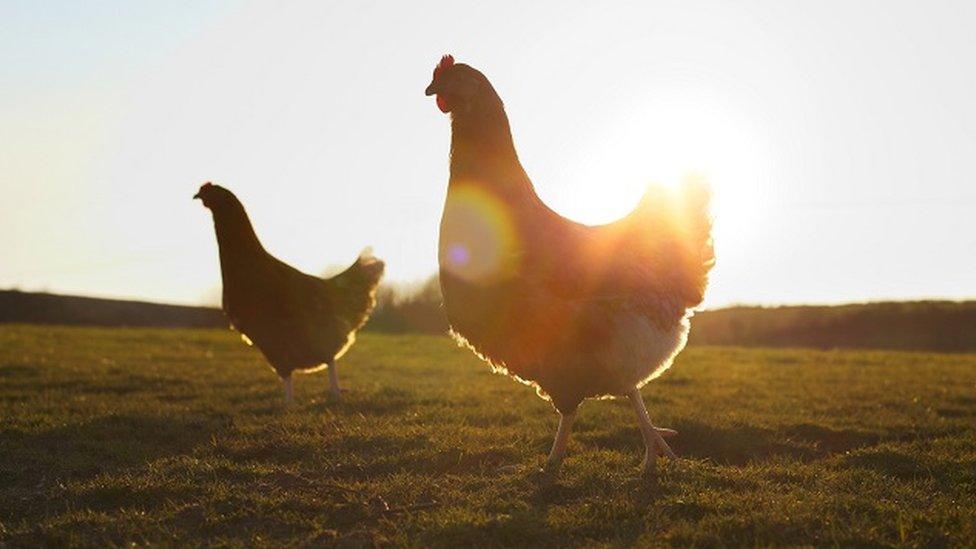100,000 birds culled after farm avian flu outbreaks
- Published
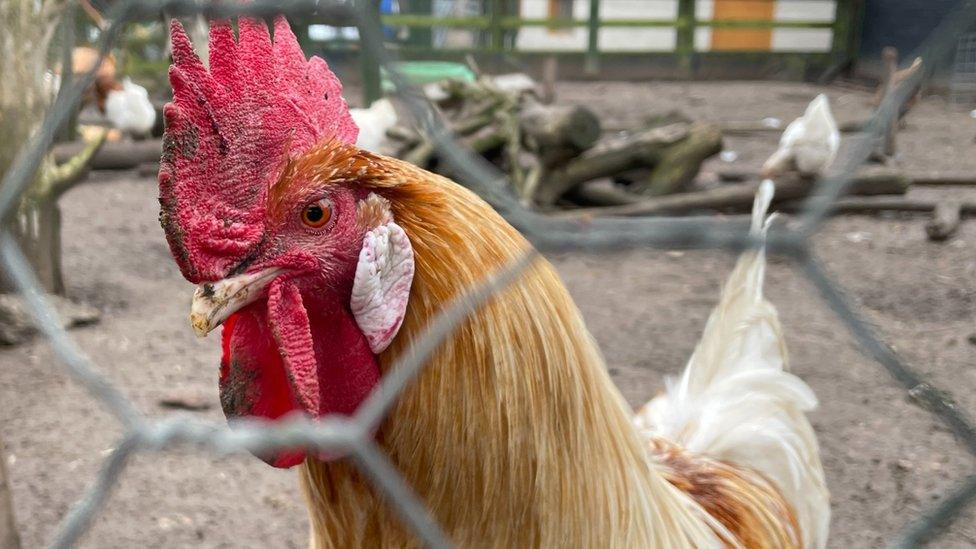
More than 100,000 birds have been culled at three Scottish farms amid the UK's worst avian flu outbreak.
Ayrshire farmer Billy Robb told BBC Scotland he lost 32,000 hens last week.
And farming union NFU Scotland revealed 72,000 birds had also been "taken out" at two farms in Aberdeenshire in the last 10 days - taking the total to 104,000.
Last month just four avian flu cases were recorded in Scotland, compared with 80 in England.
It comes as 12 swans are believed to have died from bird flu after being found in a Glasgow park on Tuesday.
NFU Scotland said it was also aware of three non-commercial outbreaks, two in Orkney and one on Lewis.
Since 7 November all poultry and captive birds in England must be kept indoors, but these strict rules have not been replicated north of the border.
Mr Robb told BBC Radio Scotland's Drivetime programme that the situation was "crazy".
"Our birds might have survived if they had been shut in a week or so before," he said.
Mr Robb said he suspected his hens were infected by migrating Canadian geese which stopped at a marsh on his farm.
He added: "This is definitely the worst the poultry industry has seen."
"I have been doing this job for 30 years and my father-in-law farmed for 40 years before that."
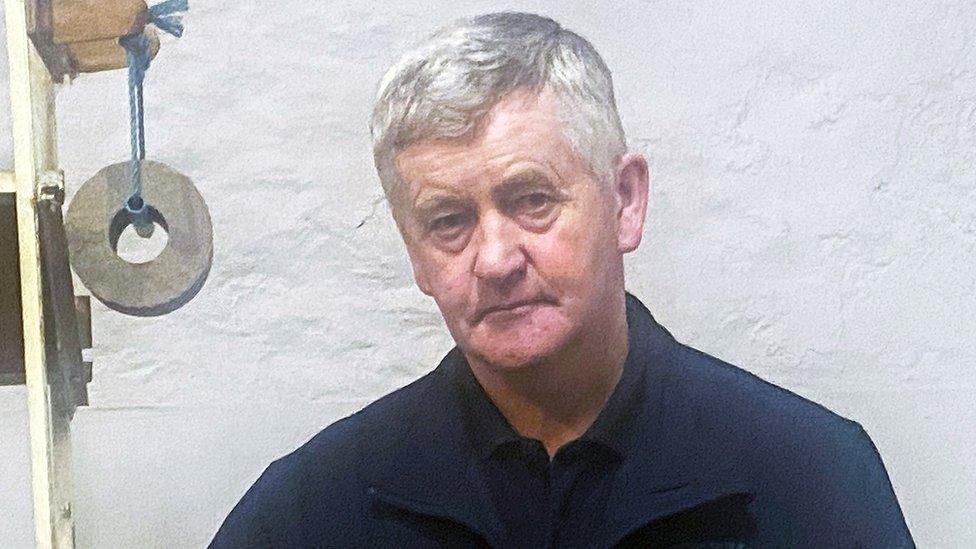
Billy Robb said farmers had to rely on what retailers were prepared to pay for eggs
Mr Robb said farmers were not able to put prices up and had to rely on what retailers were prepared to pay, despite challenges posed by soaring feed and energy costs.
As a result, he warned: "There is going to be a shortage of eggs for the whole of next year."
Some shops including Asda and Lidl have started to ration the number of boxes of eggs customers can buy due to supply issues.
Asda said customers would be limited to buying two boxes of eggs until further notice, while Lidl is limiting customers to three.
Scotland's chief vet defended the decision to allow captive birds to remain outdoors in Scotland.
Sheila Voas told BBC Scotland she was "following the science", saying there had been 100 outbreaks in England, but just six in Scotland since 1 October.
She added: "Potentially housing would help, but housing is much less effective than improved biosecurity generally.
"The decision to house birds across the whole of Scotland has to weighed against the negative impact on welfare."
In addition to the farm cases in Ayrshire and Aberdeenshire, Ms Voas also confirmed the three "back yard premises" affected - two on Orkney with a small number of birds and one on Lewis with about 200 birds.
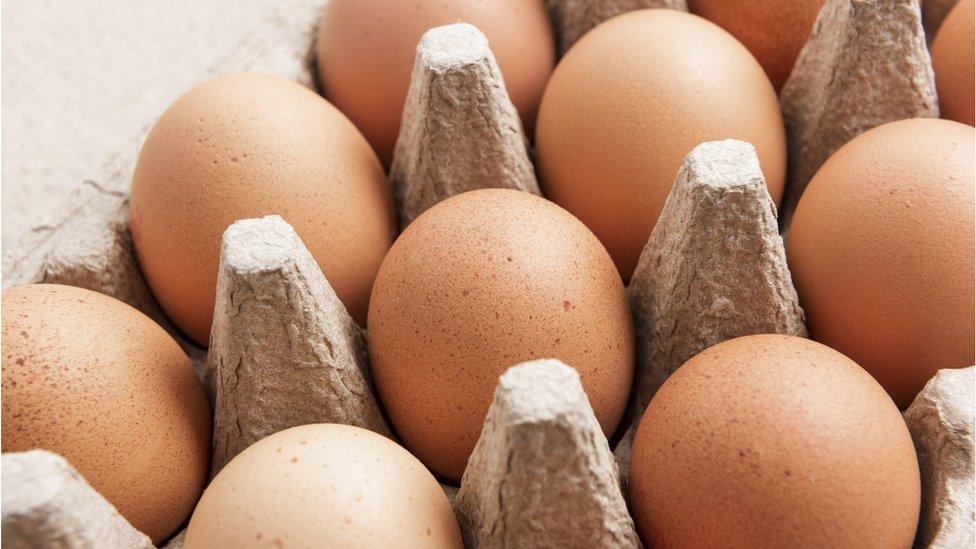
Asda said customers could only buy two boxes of any size
Robert Thompson, of NFU Scotland's poultry review working group, said the union had warned major retailers in spring about rising production costs and potential shortages.
He said: "It was well documented that we were facing a major crisis and that crisis has now happened."
"By February we reckon there will be 7.9m less hens, so if you are out of eggs now they are going to be very scarce by spring."
The latest outbreak of avian flu is the largest seen in the UK to date, and has affected the wild bird population as well as commercial and backyard flocks.
The Scottish government said the disease was also affecting wild bird populations elsewhere in the world, and it had published updated advice on the reporting, collection and safe disposal of wild bird carcases.
A spokesperson said: "We are aware that there are a number of issues affecting egg supplies, such as the impact of Avian Influenza on all commercial flocks, the cost of living increases and a number of other issues, including labour shortages across all sectors of the industry."
Related topics
- Published15 November 2022
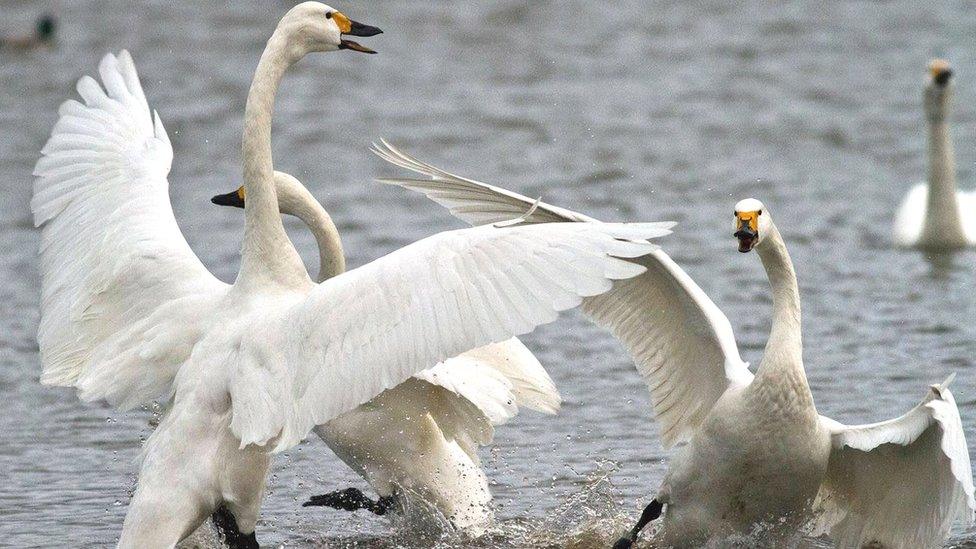
- Published1 November 2022
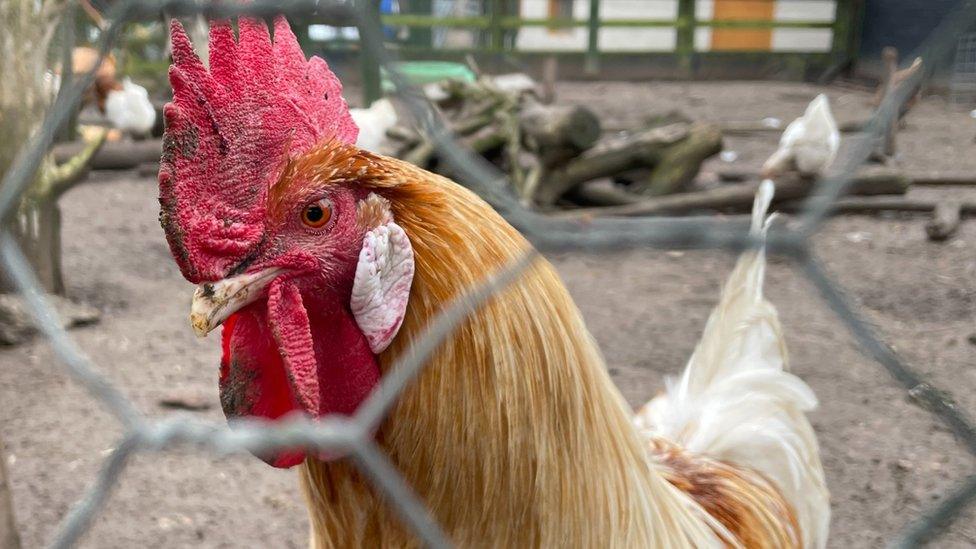
- Published31 October 2022
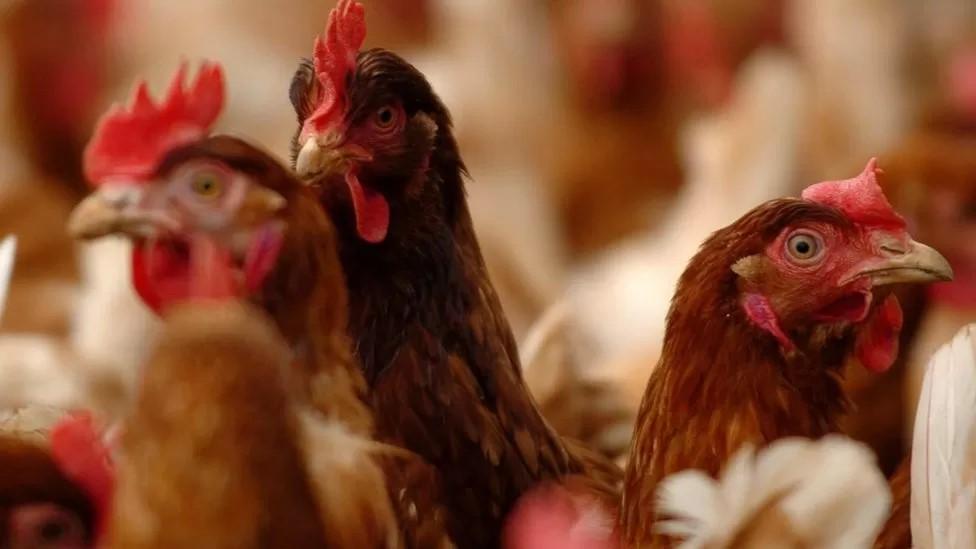
- Published17 October 2022
